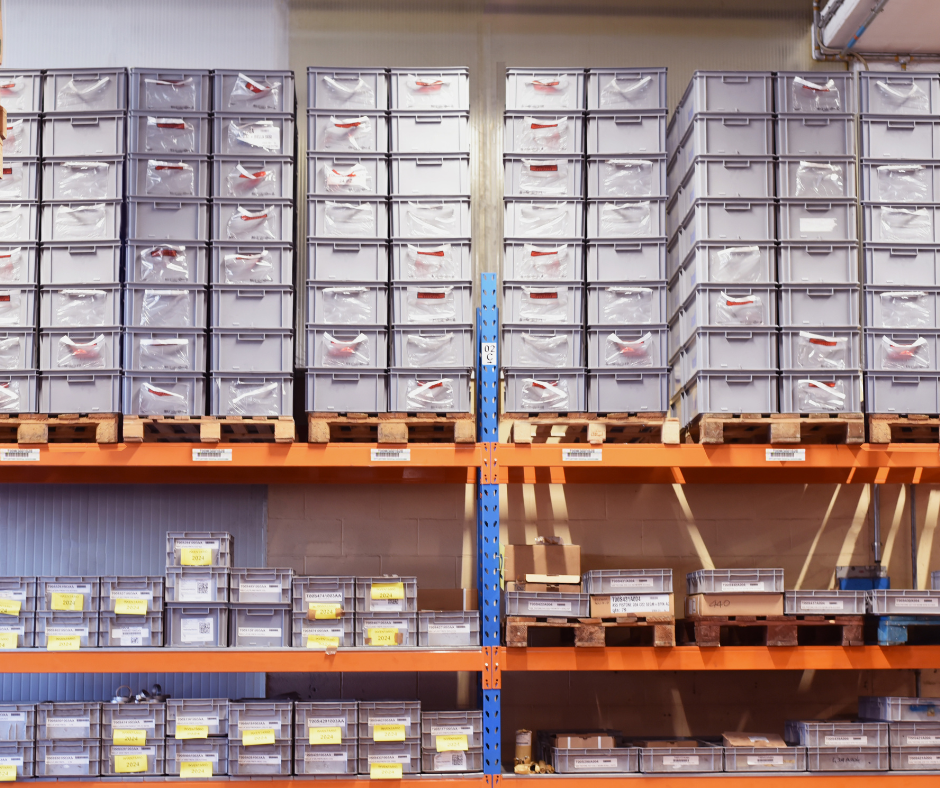gold partner
07 February 2025
Frascold Achieves UNI EN ISO 14001:2015 Certification
Frascold has obtained UNI EN ISO 14001:2015 certification, reinforcing its commitment to environmental responsibility. This achievement is part of a broader strategy integrating sustainability with operational efficiency in the production of semi-hermetic, piston, and screw compressors for refrigeration, air conditioning, and air heating applications.
Giuseppe Galli, CEO of Frascold, emphasized the company's vision: "Our dedication to environmental sustainability is a cornerstone of our business strategy. At Frascold, we strongly believe that innovation and sustainability have to coexist harmoniously, charting a clear path towards a better future for us and for the generations to come."
Ergonomic improvements have also been implemented, including modifications to workstation design and discouraging ground-level shelving to minimize long-term health risks for workers. Lean practices, such as 5S, Golden Zone, and PDCA, are continuously monitored through monthly audits and have been expanded across production departments, leading to increased efficiency and cost savings.
Among the initiatives contributing to this certification, a water distillation system installed in 2023 has enabled the recovery of washing water, saving approximately 300 m³ per year. Additionally, Frascold has formed a dedicated team to monitor air quality and emissions, maintaining pollutant levels 10% below regulatory limits. The company has also assessed the CO₂ footprint of its product lines to provide customers with insights into their environmental impact.
Corrado de Gioia-Carabellese, Product Development Specialist, discussed future plans:
"Looking to the future, the company is considering expanding the plant and adding 500 kW over the next two years, in addition to installing heat pumps to replace gas boilers, going so far as to fully electrify the two office buildings."
Despite challenges related to the energy-intensive nature of metalworking, Frascold continues to explore innovative solutions to minimize its environmental impact.
Giuseppe Galli, CEO of Frascold, emphasized the company's vision: "Our dedication to environmental sustainability is a cornerstone of our business strategy. At Frascold, we strongly believe that innovation and sustainability have to coexist harmoniously, charting a clear path towards a better future for us and for the generations to come."
Lean Manufacturing and Waste Reduction
Frascold has embedded Lean Manufacturing principles to enhance both sustainability and productivity. Maria Grazia Fimmanò, Continuous Improvement Specialist, highlighted the "Empty for Full" project, which reduces packaging waste from incoming components. This initiative has cut cardboard consumption by up to three tonnes annually while streamlining workflows and reallocating labor to higher-value tasks.Ergonomic improvements have also been implemented, including modifications to workstation design and discouraging ground-level shelving to minimize long-term health risks for workers. Lean practices, such as 5S, Golden Zone, and PDCA, are continuously monitored through monthly audits and have been expanded across production departments, leading to increased efficiency and cost savings.
Benefits of ISO 14001 Certification
Marco Perri, R&D and Environmental System Manager, detailed the advantages of obtaining ISO 14001 certification, including heightened internal awareness and improved supplier classification for sustainability-focused customers.Among the initiatives contributing to this certification, a water distillation system installed in 2023 has enabled the recovery of washing water, saving approximately 300 m³ per year. Additionally, Frascold has formed a dedicated team to monitor air quality and emissions, maintaining pollutant levels 10% below regulatory limits. The company has also assessed the CO₂ footprint of its product lines to provide customers with insights into their environmental impact.
Photovoltaic Expansion and Energy Efficiency
Frascold's photovoltaic system, currently installed on the production plant and canteen roofs, has reduced electricity consumption from the grid by approximately 25-30%. In 2023, solar power met 29% of the facility’s annual energy needs.Corrado de Gioia-Carabellese, Product Development Specialist, discussed future plans:
"Looking to the future, the company is considering expanding the plant and adding 500 kW over the next two years, in addition to installing heat pumps to replace gas boilers, going so far as to fully electrify the two office buildings."
Despite challenges related to the energy-intensive nature of metalworking, Frascold continues to explore innovative solutions to minimize its environmental impact.
Long-Term Sustainability Strategy
Frascold’s approach combines technological advancements, environmental strategies, and lean management practices. The integration of ISO 14001 certification, Lean Manufacturing principles, renewable energy investments, and emission monitoring underscores its commitment to long-term sustainability. These efforts position the company to anticipate market challenges while maintaining a focus on responsible resource management and operational efficiency.Related news
Embraco expands into HVAC market with scroll compressor acquisition
Nidec Global Appliance has announced the expansion of its Embraco brand into the heating and air conditioning (HVAC) market through the acquisition of scroll compressor manufacturer Xecom. Th...
09 Jul 2025
Frascold highlights workforce training for World Refrigeration Day ...
Frascold is marking World Refrigeration Day 2025 by emphasizing the value of skills development in the HVAC&R sector. This year’s global theme, “Cool Skills,” focuses on the human expertise beh...
26 Jun 2025
Green Point UK donates BITZER compressors to Beijer Ref training ac...
Green Point UK, the service and remanufacturing division of BITZER UK, has supplied two BITZER reciprocating compressors to Beijer Ref’s training academy in the United Kingdom to support practi...
26 Jul 2025
Frascold Launches ATEX-HT Compressors for High-Temperature Applicat...
Frascold has introduced its new ATEX-HT series of semi-hermetic piston compressors, designed to support high-temperature heat pump applications with natural refrigerants such as propane (R290),...
06 May 2025
J & E Hall expands HallScrew compressor range with new high-capacit...
J & E Hall has introduced new 7200 and 8400 series models to its HallScrew open type screw compressor line, significantly extending the range of available capacities. The new models are enginee...
24 Jul 2025
BITZER UK Hosts WiRACHP Strategic Planning Meeting at Milton Keynes HQ
BITZER UK hosted the Institute of Refrigeration’s Women in RACHP (WiRACHP) Network for its first in-person meeting of 2025 at the company’s Milton Keynes headquarters. The all-day event gathered ei...
12 May 2025

